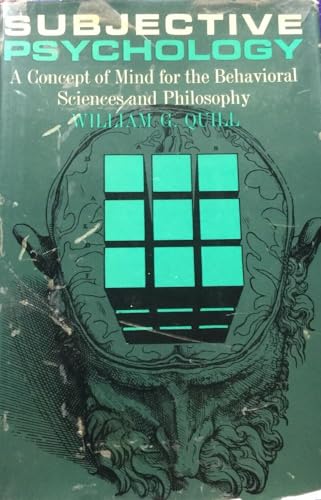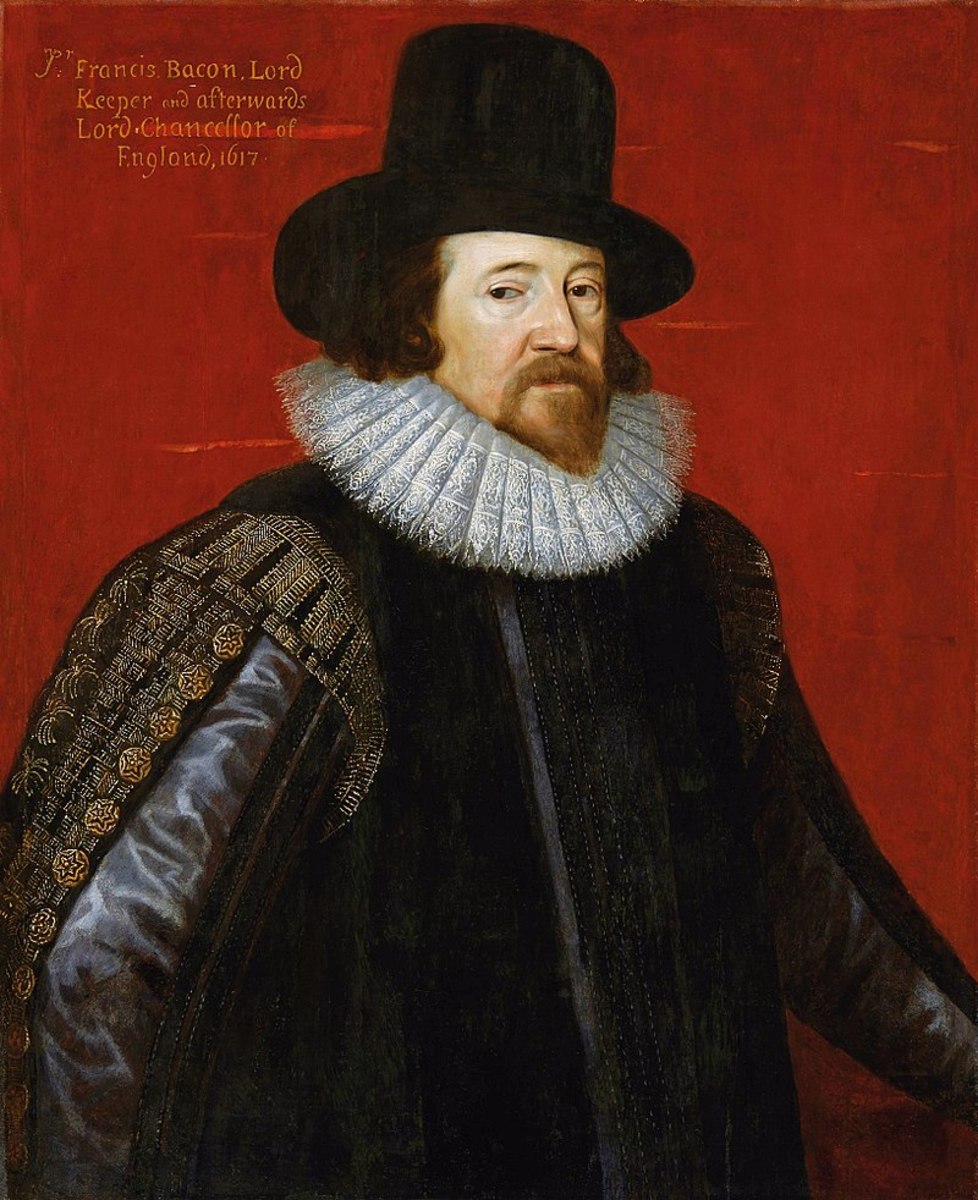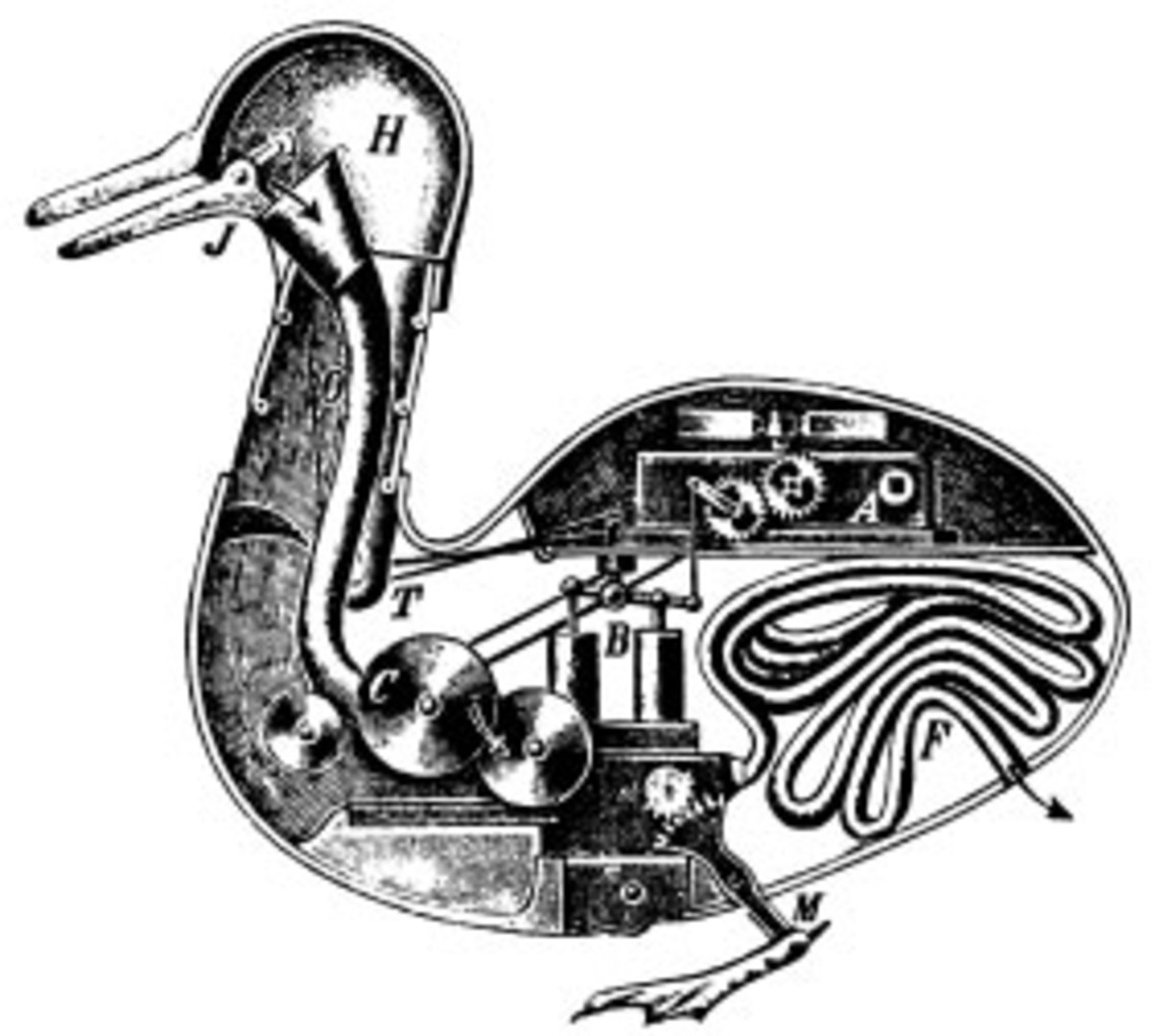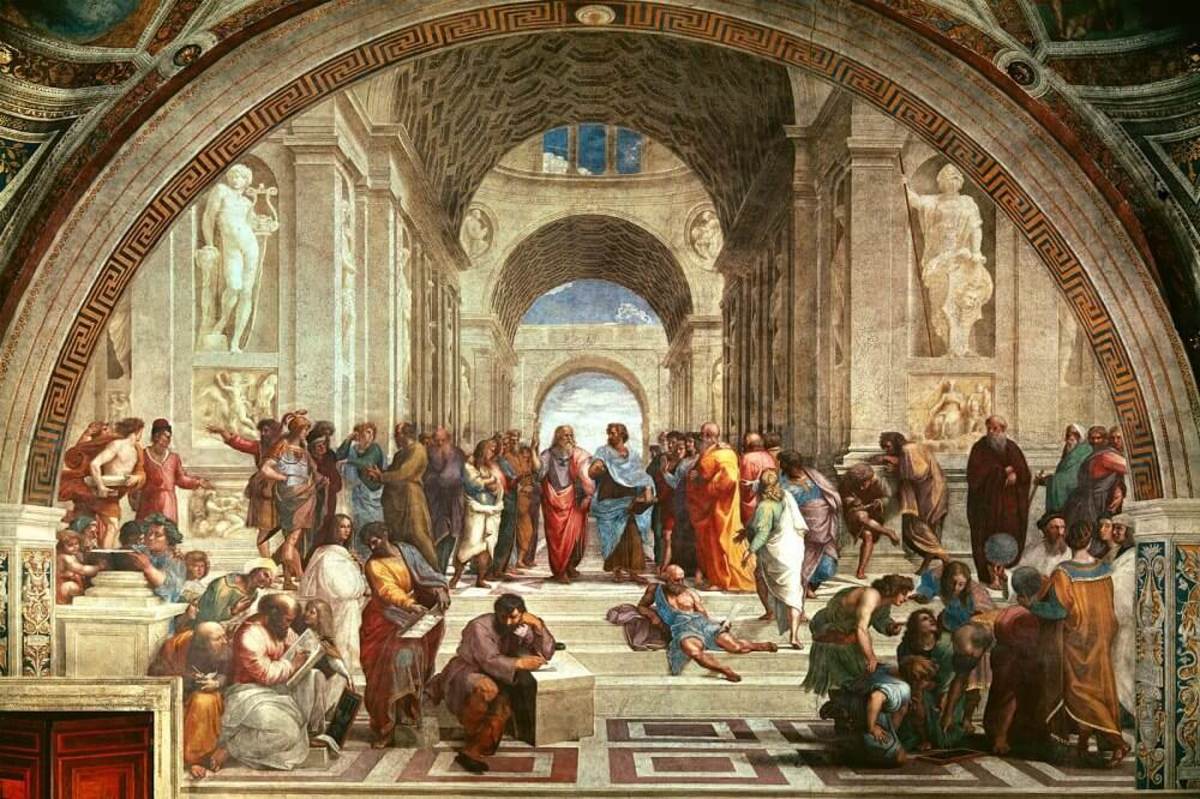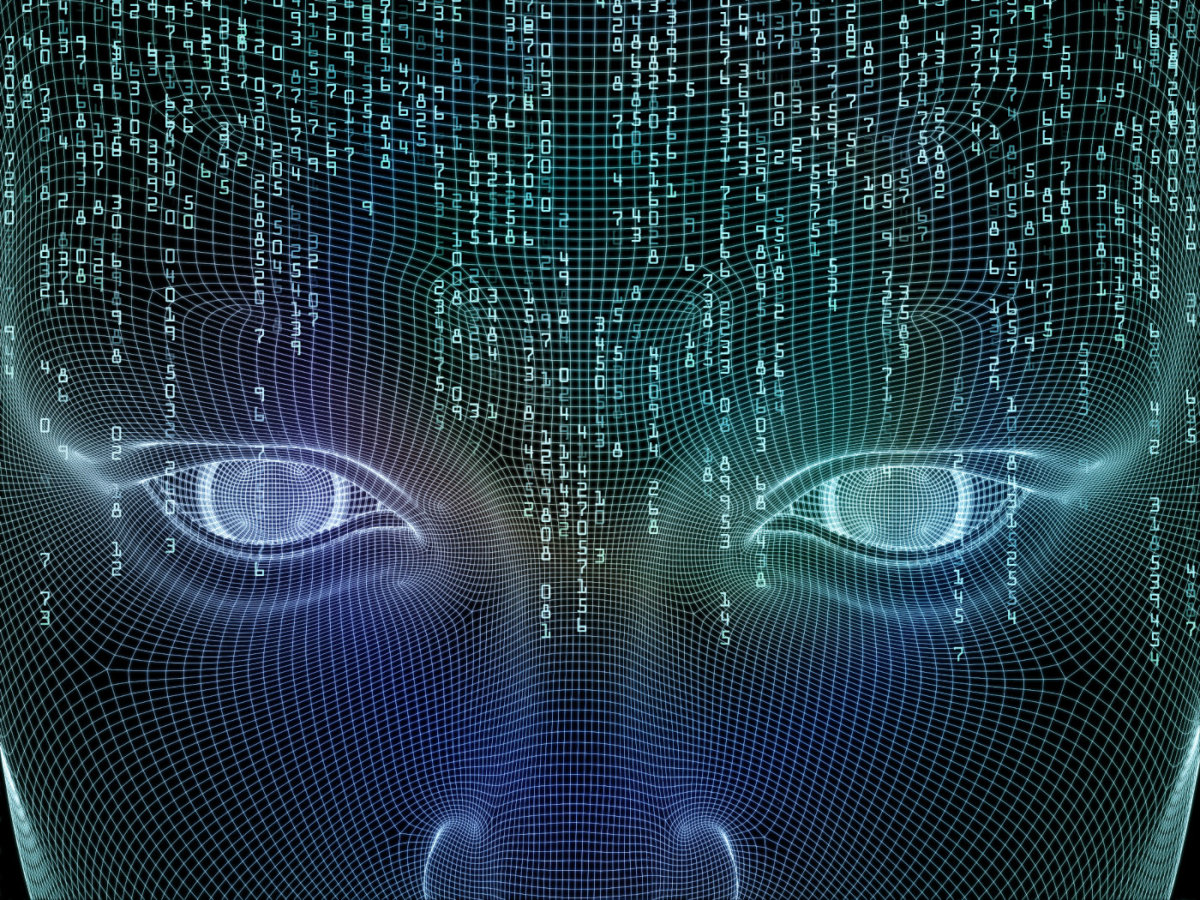Subjectivity of the Mind
The mind is a complex entity, surrounded by mystery and speculation. For hundreds of years, society has struggled to find a concrete definition of the mind; however, still today we have yet to agree on any definition other than a vague description of awareness or consciousness. Many historical thinkers and writers have studied the topic of the mind from different perspectives and have come to different conclusions. Rene Descartes, in his Discourse on Method, claims that the mind is the only thing that definitely exists, and attributes many of its capabilities to God. In Civilization and its Discontents, Sigmund Freud takes a psychological stance, naming the mind “ego” and exploring the theories by which it works. In a third work, Bright Air, Brilliant Fire: On the Matter of the Mind, Gerald Edelman asserts that the mind, or “selfhood” is influenced both by scientific disciplines and subjective experiences. All three men differ in their methods of reasoning and descriptions of the mind, yet they all share one keystone idea – that the mind is subjective.
Rene Descartes, who published his work in the 17th century, makes several assumptions necessary to proceed with his thoughts on the mind. Descartes compares his construction of logical argument as similar to building a house. Rather than haphazardly jumping right into the challenge, he takes his time, methodically planning every step of the way (Descartes 13). During the first step in his well-thought out plan, Descartes decides that since dreams are no different than regular thoughts, and dreams are typically not true, he cannot trust his own thoughts to be completely, objectively true: “I resolve to pretend that all the things that had ever entered my mind were no more true than the illusions of my dreams” (Descartes 18). By disbelieving everything until he can be absolutely certain that it is true, Descartes sets up his mind for logical success. He then uses this line of thinking to determine that one thing he truly knows exists is himself: “I think, therefore I am” (Descartes 18). In addition to holding his own awareness as the most certain form of existence, he also claims that God is real and has created the human mind because man can imagine perfection, yet cannot reach it:
It thus remained that this idea had been placed in me by a nature truly more perfect than I was and that it even had within itself all the perfections of which I could have any idea, that is to say, to explain myself in a single word, that it was God. (Descartes 19)
By acknowledging his belief in God, Descartes also attributes a moral compass within our mind to a higher power: “God has given each of us some light to distinguish the true from the false” (Descartes 16). Armed with doubt, knowledge of himself, and faith in God, Descartes is ready to tackle the workings of the mind.
Descartes describes the mind as that which “makes us men and distinguishes us from the beasts” (Descartes 2). He goes on to speculate that “it exists whole and entire in each of us” (Descartes 2). Since by his logic, consciousness and the mind are limited only to humans and, furthermore, can help define us as humans, Descartes can assume that humans are inherently superior to animals. He also believes that the mind is its own entity, completely separate from everything else: “Thus this ‘I,’ that is to say, the soul through which I am what I am, is entirely distinct from the body” (Descartes 19). With the mind separate from the body, Descartes makes his next assertion that individuals have complete control over their own mind, which can be the key to unlocking happiness and contentment:
They so perfectly persuaded themselves that nothing was in their power but their thoughts, … and that they controlled their thoughts so absolutely that in this they had some reason for reckoning themselves richer, more powerful, freer, and happier than any other men who, not having this philosophy, never thus controlled everything they wished to control. (Descartes 15)
By becoming master of their own minds, Descartes believed that people would hold a higher view of themselves and of their lives, rather than being dissatisfied that they did not have control over everything. However, being in charge of one’s own mind is not everything; people need a combination of imagination, truth, and reasoning in order for the mind to function to its full capacity: “Neither our imagination nor our senses could ever assure us of anything if our understanding did not intervene” (Descartes 21). A person must build upon his thoughts with more experiences and knowledge if he is to use his mind to the best of its ability. Descartes describes the process as one similar to rebuilding a house:
Just as in tearing down an old house, one usually saves the wreckage for use in building a new one, similarly, in destroying all those opinions of mine that I judged to be poorly founded, I made various observations and acquired many experiences that have since served me in establishing more certain opinions. (Descartes 16-17)
By building upon past understandings and thoughts to create more accurate opinions, the mind is subject to each individual’s personal experiences, a key point in Descartes’ view of the mind.
Sigmund Freud, a renowned psychologist, studied the mind thoroughly and held many of the same ideas as Descartes. Freud begins his exploration of the mind with the notion that awareness of self is the first thing that a person can know: “There is nothing of which we are more certain than the feeling of our self, of our own ego” (Freud 12). This certainty of oneself and his mind as a definite truth is almost identical to Descartes’ idea. Also similar to Descartes, Freud claims that the mind is “autonomous and unitary, marked off distinctly from everything else” (Freud 12). Since the mind is separate from the body, Freud describes a procedure through which one must go through in order to learn how to think logically: “One comes to learn a procedure by which … one can differentiate between what is internal – what belongs to the ego – and what is external – what emanates from the outer world” (Freud 15). Although this idea is also quite like Descartes’, rather than using a metaphor of rebuilding a house, Freud compares the process to the steps an infant takes in learning how to get its parents to respond to its needs (Freud 13-14). These assumptions and ways of thinking allow Freud to take a deeper look at mind and how it works.
Freud develops several novel concepts concerning the mind, which he refers to as “ego”. Freud claims that people in general show an inclination toward aggression (Freud 69). He also devises the theory of the pleasure principle, which states that humans will seek to avoid pain before they actively seek pleasure. Unlike Descartes, Freud believes that one’s conscience is simply internalized aggression, which causes discomfort, anxiety, and guilt (Freud 84). These negative feelings are especially prominent when a person thinks or does something that the conscience views as “bad”. This distinction comes not from a deity, but from a fear of loss of love, which causes further suffering (Freud 85). Another theory that Freud contrives is that nothing that was once in the mind can be taken back: “It is rather the rule than the exception for the past to be preserved in the mental life” (Freud 20). He compares this idea to the “Eternal City,” in which ruins and pieces of the city are saved and rebuilt upon, so that the fragments of existence from before can be again uncovered, similar to the way in which nothing in one’s mind can ever be completely destroyed (Freud 17). Because humans can revisit old memories and build upon current ones, it is once again evident that the mind is subjective: “Thus even the feeling of our own ego is subject to disturbances and the boundaries of the ego are not constant” (Freud 13). This underlying theme of subjectivity continues to be a point upon which the authors agree, even though they differ in several of their other ideas.
The last author, Gerald Edelman, especially supports the concept of a subjective mind. He starts with several assumptions, the first being that the mind is “influenced by unconscious forces and by emotion” (Edelman 48). This is similar to both Descartes and Freud, as all authors agree that the mind is affected by various pressures. Although Edelman holds the most scientific based view of the three authors, he claims that “to be human [is] to go beyond mere physics” (Edelman 49). He believes that the mind is impacted by several different disciplines: “By selfhood I mean not just the individuality that emerges from genetics or immunology, but the person individuality that emerges from developmental and social interactions” (Edelman 49). In addition to this collection of influential factors, Edelman rules out a machine-like theory of the mind through modern physics and neuroscience (Edelman 53). These suppositions allow Edelman to arrive at the preliminary conclusion that, although the mind is difficult to define, as is evident by the lack of a concrete definition from the two previous authors, it includes a “personal sense of sacred, the sense of mystery, and the sense of ordering and continuity” which can “categorize, memorize, and form plans according to a conceptual model” (Edelman 50-51). His original thoughts on the mind can be detected throughout his more advanced theories that include time and organization of consciousness.
One of Edelman’s main theories is that time within one’s mind is not the same as time in reality. He asserts that there are two types of consciousness – primary and higher-order: “The sense of time past in higher-order consciousness is a conceptual matter, having to do with previous orderings of categories in relation to an immediate present driven by a primary consciousness” (Edelman 50). This novel idea of two modes of consciousness explains how Descartes and Freud described the process of building on top of memories with present experiences. Edelman refers to it as a “double exposure” in which both history and the present in one’s memory are made subjective by the mind (Edelman 51). His own personal metaphor for this phenomenon describes an event or sensation happening as it is simultaneously applied to an earlier memory: “It is as if one piece of spacetime could slip and map onto another piece” (Edelman 51). The map metaphor, similar to Descartes’ building and Freud’s Eternal City, depicts the mind constructing new ideas out of both old and new information. Edelman goes into further clarification of this strange, yet natural, occurrence: “[People] can sample patterns at one point on that line and on the basis of their personal histories subject them to plans at other points on that world line” (Edelman 51). Using this method of reasoning, it is clear that all thoughts within the mind are subject to change based on current happenings and other thoughts.
Although Descartes, Freud, and Edelman all have different theories, ideas, and forms of logic, all three authors come to several very similar conclusions. All of them agree that the mind is difficult to define, although it is best known for its ability to distinguish us from other species as well as its ability to build upon previous information. Most importantly, by being able to recall events from the past and incorporate them into our current thoughts, the mind is capable of altering a person’s sense of reality. The idea of a subjective, rather than objective reality and history is both interesting and slightly sobering, because each person assumes his reality to be the “real” view of the world. However, knowledge begging otherwise can lead people to ponder what reality “really” is, is there is any “real” reality, and if there are any objective truths. This subjectivity of the mind will no doubt provide a source of mystery and fascination for many years to come.
Works Cited
Descartes, René. Discourse on Method. Trans. Donald A. Cress. Indianapolis: Hackett Pub., 1998. Print.
Edelman, Gerald. Bright Air, Brilliant Fire: On the Matter of the Mind. New York: Basic Books, 1992. 47-54.
Freud, Sigmund. Civilization and Its Discontents. Trans. James Strachey. New York: W.W. Norton, 1989. Print.
Related Essays
- Analysis of W.E.B. Du Bois' "Double Consciousness and the Veil"
An analysis of the struggle for equality and inner turmoil among African Americans as described by W.E.B. Du Bois in The Souls of Black Folk: Double Consciousness and the Veil. - The Infinite: The Question of the Cosmos
An exploration of society's understanding of "infinity" as it pertains to the origin of the universe. Both scientific and religiously based options are also considered. - The Origin of Language
My thoughts on an essay claiming that bipedalism was the first step toward a complex language system in humans. I also explore similarities between other species today and our human ancestors, as well as the possibilities for the future. - Galileo vs. Darwin and Wallace
I have examined, compared, and contrasted the different tactics which Galileo and Darwin/Wallace use to convince the public to believe their new scientific discoveries over the religious teachings. - My Evolving View on Evolution
An exploration of the differing views of evolution and the never ending struggle between religion and science. - Bokononism's Truth and Lies in Cat's Cradle
An exploration of the purpose of truth and lies in Kurt Vonnegut's novel, "Cat's Cradle" as they pertain to the made-up religion of Bokononism. The analysis is also relatable to the role of modern day religion and government in the lives of citizens. - Power and Control in Future Societies
Based on short stories from Kurt Vonnegut's "Welcome to the Monkey House", I have come to several conclusions relating to power and control in future societies.

